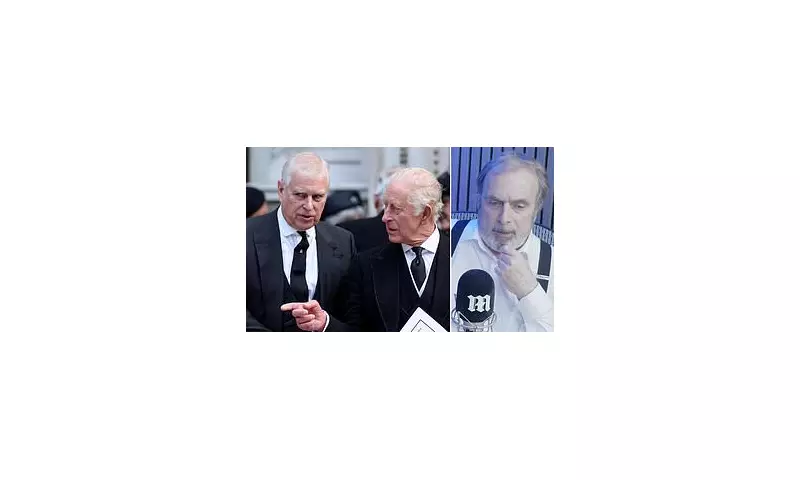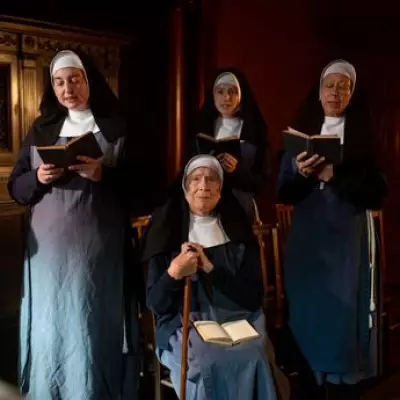
The ongoing battle over Prince Andrew's residence at Royal Lodge has escalated into what commentators are calling a fundamental crisis for the modern monarchy. In a revealing podcast discussion, prominent journalists Peter Hitchens and Sarah Vine have exposed the deepening rift within the Royal Family, suggesting the institution is undergoing a dramatic transformation that could destroy its foundations.
The Royal Standoff Intensifies
At the heart of the controversy lies Prince Andrew's determined refusal to vacate his 30-room Royal Lodge home in Windsor, despite mounting pressure from King Charles and the royal establishment. The Duke of York has reportedly told friends he's "digging in" for what could become a protracted battle over his future accommodation.
A Monarchy Transformed
Peter Hitchens didn't mince words during the discussion, stating: "What we have now is a totalitarian monarchy." He elaborated on how the institution has fundamentally changed over the past quarter-century, arguing that the current situation represents a complete departure from traditional royal protocols and power structures.
Sarah Vine, drawing on her extensive knowledge of royal dynamics, provided insight into the personal tensions driving this constitutional crisis. "This isn't just about property," she noted. "It's about power, succession, and the very soul of the monarchy in the 21st century."
Twenty-Five Years of Decline
The commentators traced the current predicament back through 25 years of gradual transformation within the Royal Family. They identified several key factors contributing to the present crisis:
- The aftermath of the Queen's passing and the transition to a new monarch
- Ongoing repercussions from Prince Andrew's association with Jeffrey Epstein
- Financial pressures facing the modern monarchy
- Generational shifts in royal responsibilities and public expectations
The Windsor Power Play
The Royal Lodge itself has become symbolic of the broader struggle. The Grade II-listed property, which Andrew shares with his ex-wife Sarah Ferguson, represents not just a home but a statement of royal status and independence. The King's apparent desire to relocate his brother to the smaller Frogmore Cottage underscores the determination to streamline the monarchy and distance it from controversial figures.
As Vine observed, the standoff reveals deeper questions about how the Royal Family manages internal dissent and whether traditional hierarchies can withstand modern pressures and public scrutiny.
Constitutional Implications
Beyond the personal drama, Hitchens warned of significant constitutional consequences. The very public nature of this royal dispute exposes vulnerabilities in an institution that has traditionally relied on discretion and unity. The commentators questioned whether the monarchy can survive such visible internal conflicts without damaging its credibility and public support.
The situation continues to develop, with royal watchers closely monitoring whether Prince Andrew will ultimately bow to pressure or whether this marks the beginning of a new, more confrontational era for the House of Windsor.





